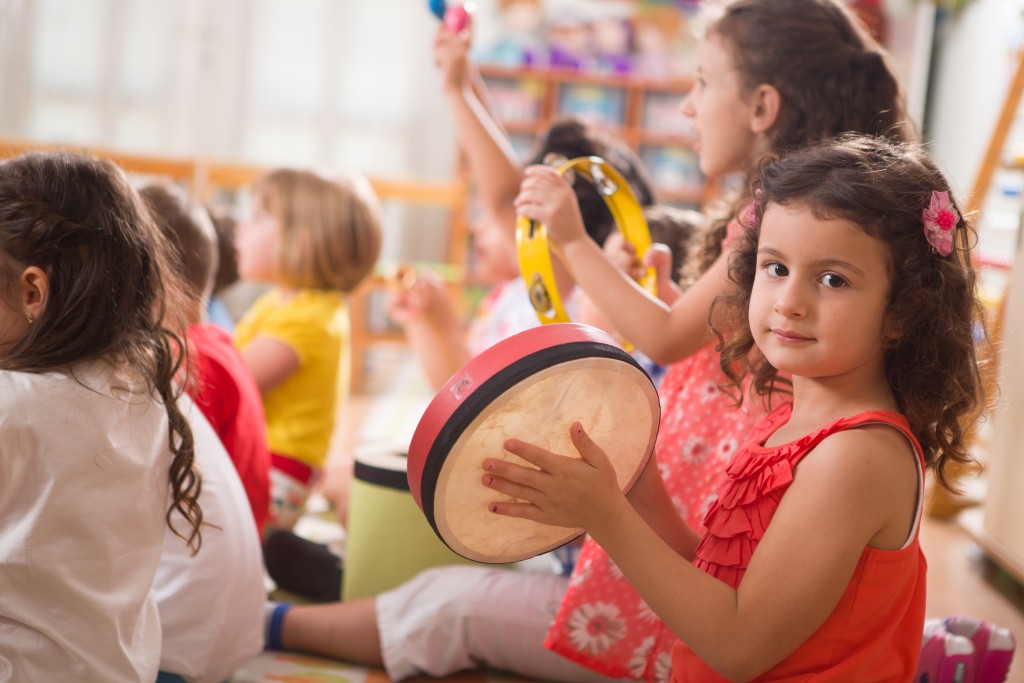With cases still rising in the US and other countries, the re-opening of schools for this year is being reconsidered. Since the risk of transmission is highest in densely-packed, indoor places, there is no doubt that children can become viral carriers the moment they leave their classrooms.
But despite physical distancing protocols, the closure of schools is still a controversial issue. According to UNESCO, 1.6 billion pupils in 190 countries — 90% of school-age children all over the world — are affected by this issue.
Experts are analyzing whether the closure of schools will have a negative impact on our children’s learning. Let’s have a glimpse on what they’ve gathered so far:
Closure of Schools Through the Years
In 1968, New York City public schools were shut down for more than two months due to teacher strikes. Such was also the cause for the over two-month-long closure of French Belgian schools in 1990. But ten years earlier, there was a massive resistance to desegregation, which closed down public schools in Charlottesville and Virginia for five months in 1958-59. This event had deprived black children of schooling for four years, from 1959 to 1963.
Natural disasters had also forced schools to temporarily close. Hurricanes, snow, tsunamis, and even a locust plague caused schools to be off-limits for months to years.
Based on historical data, the impact of school closures on children are mostly negative, which explains the controversy it is facing today. In 2007, a study was conducted to determine the standardized test scores of third, fifth, and eighth grades in Maryland after a snow-induced school closure. The study revealed that each lost day in school resulted in roughly 0.57% fewer children attaining the expected marks in readings and maths.
Overall, short-term school closures (5 days on average) resulted in a 3% decline in the total pass rate. This was equivalent to around one pupil in a class of 30.
Time Away from School Causes Children to Forget Their Lessons

Even if children do well in school, they still tend to forget what they’ve learned when vacation starts. In the U.S., children forget around 25% of their academics over the course of the summer.
Thus, if schools don’t reopen next month, then children would already be away from school for 20 consecutive weeks. Considering that education has a role in shaping adults’ IQ, then an academic freeze could have long-term effects on our children’s cognitive ability.
Experts hope that remote learning, which is being pushed as the alternative, can help prevent the negative effects. However, making real world connections and focusing on lessons are still a lot easier when there is physical interaction. But since we have a pandemic, we may all to settle with remote learning until a cure is found.
How to Help Your Children Learn at Home
As parents, we should of course put the health and safety of our children first. The least we can do is to support our kids as they try to learn from home. If you’re considering a new school, such as a Christian institution that values morals just as strongly as academic development, look up their elementary school application process, and enroll your child.
Once remote classes resume, make your daily routines the same as when school operates normally. Have a fixed time for waking up the kids and feeding them breakfast. Put them in a room without distractions, so they can listen attentively while their teachers make online lectures.
If you work from home, you’ll most likely join them for meal times, so make the most out of their breaks by discussing their lessons. Offer help if they’re having some difficulties, but most of all, enjoy the family time.
Your children might also be struggling cope with the new normal, so at the end of the day, the best you can do is to have their backs.




